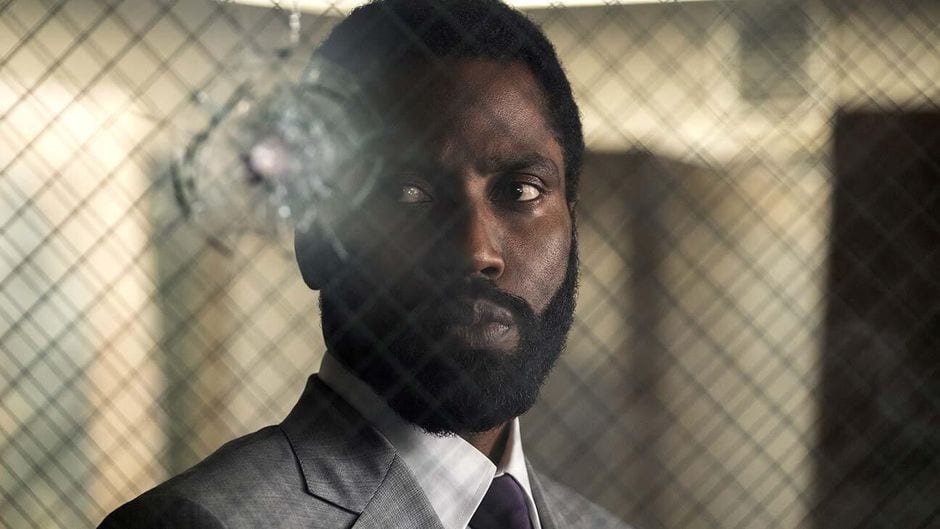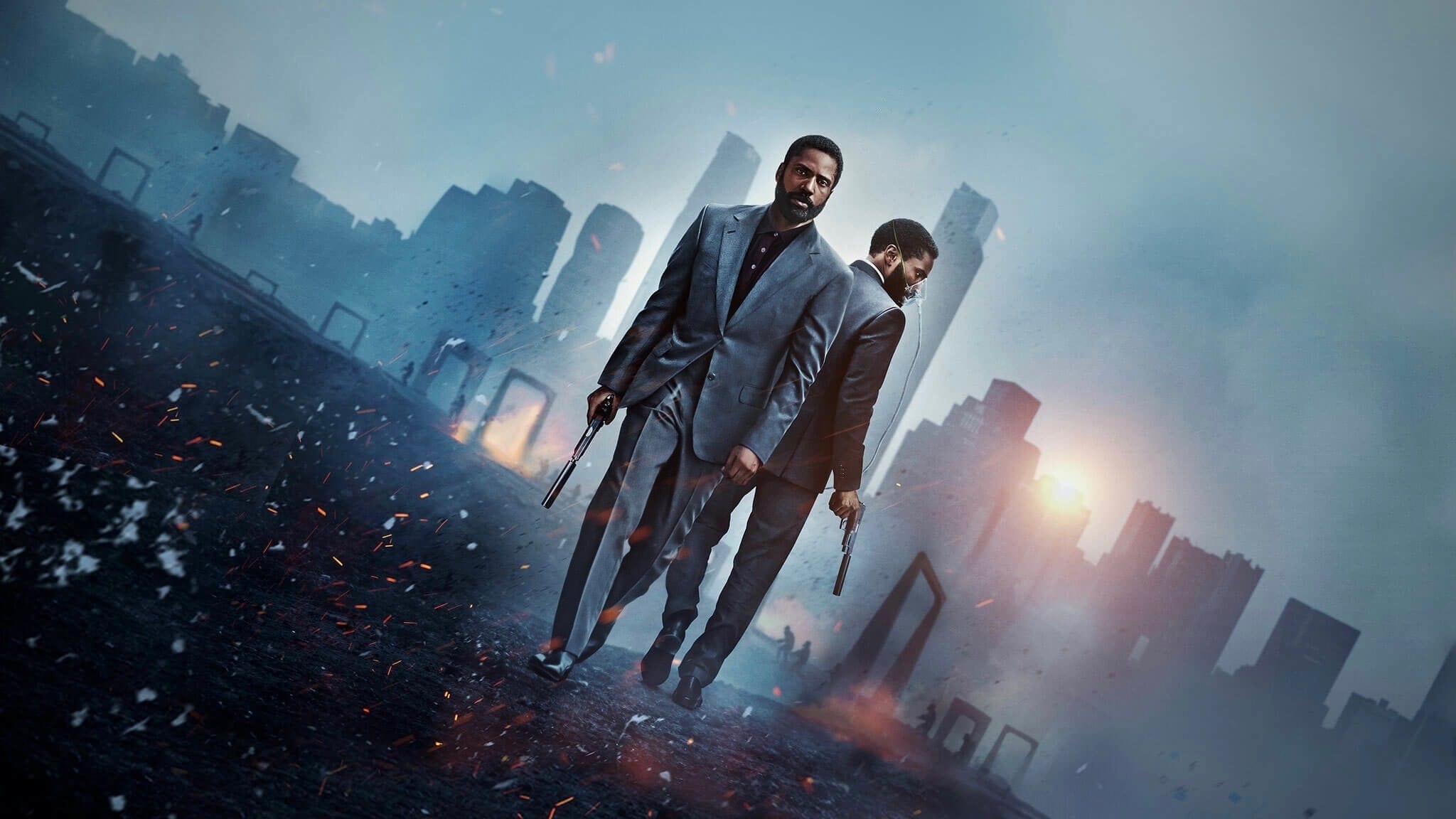Oppenheimer: The Man Who Shook the World
There are moments in history that define us all. But is it worth the toll that it takes upon us? Directed by Christopher Nolan, Oppenheimer tells the story of J. Robert Oppenheimer (Cillian Murphy), the brilliant theoretical physicist who was teaching in the US during the Second World War. Although he gained notoriety, Oppenheimer’s personal life kept…





